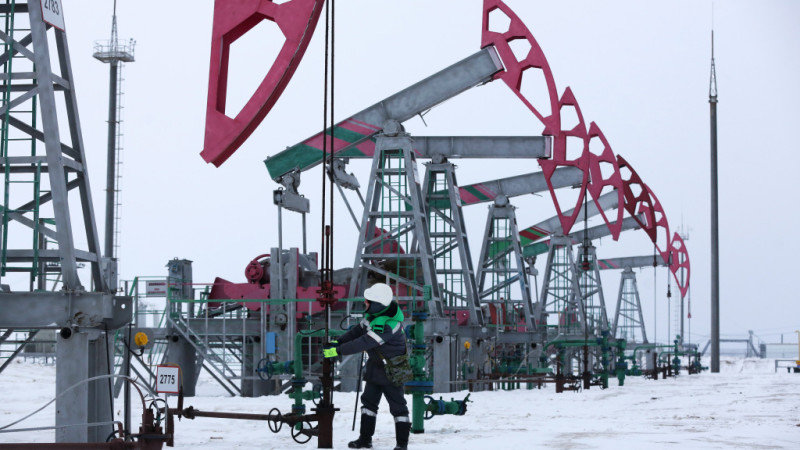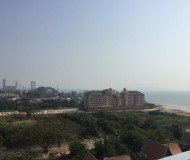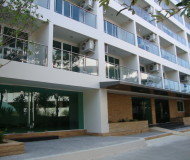
Are Property Prices Affected By Oil Prices?
Are Property Prices Affected By Oil Prices?
Faltering oil prices have been the talk of the town for the past six months at the least, with property prices also declining. Is there a link between faltering oil prices and property prices?
On a international level
At first notice, there appears to be some correlation between the 2 asset classes. From the year 2005 to 2007, both assets went up in price as a result of the global economic boom, which favourably affected other asset classes like bonds, equities and commodities as well. Then, between the years 2008 and 2009, markets were struck by the GFC (Global Financial Crisis) that saw both housing and oil prices fall, together with most of the other asset classes as well.
Keeping that in mind, from the year 2009, oil prices regained their favourable position along with the global economy before plummeting in the middle of 2014 because of production that had outpaced global demand. International property prices however, did not follow the trend of oil prices, thereby showing very little correlation between the two asset classes.
Taking a look at Singapore
On comparing oil prices with the URA’s (Urban Redevelopment Authority) Singapore Property Price Index, it may appear that they move in correlation to one another. Having said that, oil price movements have remained far more unstable, especially since the month of June 2014, when it started to plunge dramatically.
URA’s price index still remains relatively stable even though it is trending downwards. Just like international housing prices, there is a noticeable, though marginal, correlation between the prices of oil and Singapore property prices.
Grey clouds around the corner
Now, with the entire world facing an economic slowdown, particularly in China, the IEA (International Energy Agency) has projected that oil demand globally will drop in the year 2016. While in the short run, lower oil prices will put pressures on the O&G (Oil and Gas) sector, and other related industrial sectors. This could have an unfavourable impact on banks that experience high exposures to the O&G sectors. In addition to this, it is highly likely that instability in the commodities and equities’ markets will continue to exist.
It is even more likely that an international economic slowdown will have an unfavourable affect on Singapore’s property prices. With O&G as well as banking already being hit and companies cutting staff loose, property purchasers may be more indecisive as to whether or not to enter the market, if job security in particular is a concern. Developers who are more exposed to markets, like that of China, have been more severely hit by the international economic slowdown, and may also experience bottom line pressures leading to an adjustment of prices from their end as well.
With lower prices in Singapore and with various indicators predicting a heavy storm not too far away, property owners need to review their financial position. As a matter of top priority, property owners must also review their loan deals and check if they are favourably positioned to re-finance at a more reliable interest rate package in order to manage their interest rates better.
Keywords/phrases – Oil prices, property prices, Singapore, O&G, Economic slowdown







